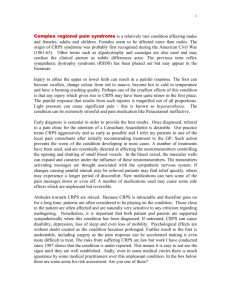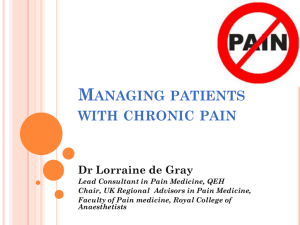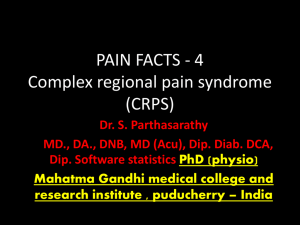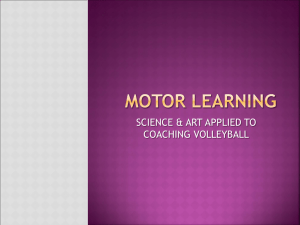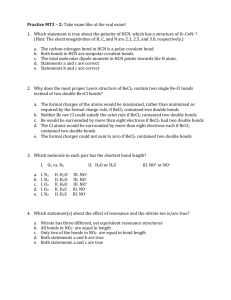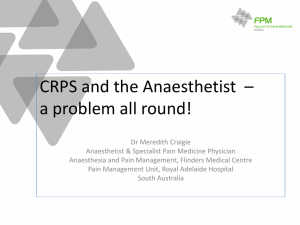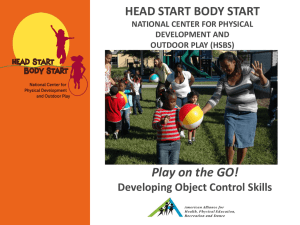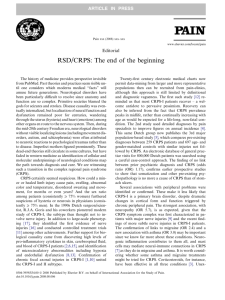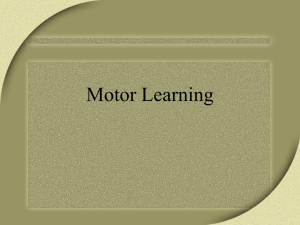Propositions
advertisement
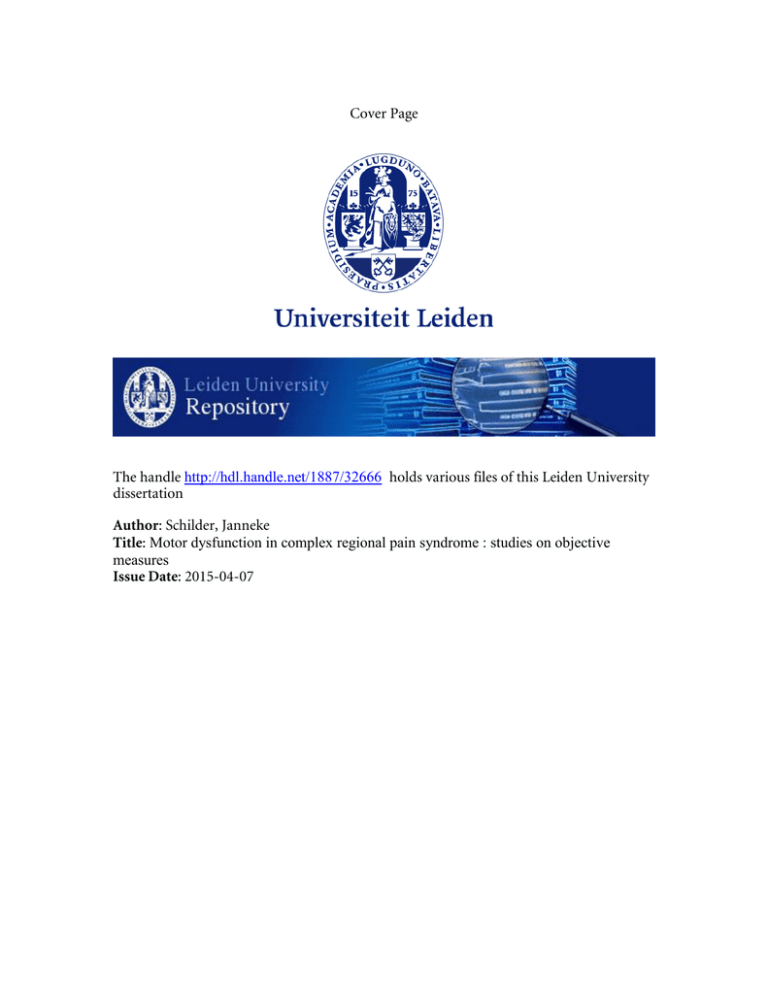
Cover Page The handle http://hdl.handle.net/1887/32666 holds various files of this Leiden University dissertation Author: Schilder, Janneke Title: Motor dysfunction in complex regional pain syndrome : studies on objective measures Issue Date: 2015-04-07 Stellingen behorend bij het proefschrift Motor dysfunction in complex regional pain syndrome: studies on objective measures 1. The impairment of voluntary motor control of the contralateral unaffected side in CRPS patients indicates the involvement of central motor processing circuits. (This thesis) 2. The direct relation between pain reduction – regardless of whether this was achieved by administration of intravenous ketamine or placebo – and improvement of motor function in CRPS indicates that pain relief may be an important factor in the treatment of motor disturbances in this condition. (This thesis) 3. Contrary to the prevailing concept, botulinum toxin has a normal, although perhaps slightly reduced, efficacy in CRPS patients with dystonia. (This thesis) 4. The mechanisms that underlie sustained vasoconstriction in ‘cold’ CRPS during the day is reversible or may be compensated by local heating as well as by processes that mediate sleep. (This thesis) 5. One should be careful not to simply assume psychological reasons for pain disorders one does not sufficiently understand. (Sudeck P. Chirurg 1942;15:449–58) 6. Abnormal postures in chronic CRPS affected upper extremities do not exhibit the characteristics typical of dystonia. (Bank PJ, Peper CL, Marinus J, Beek PJ, van Hilten JJ. Clin J Neurophysiol 2013;124(10):2025-35) 7. Proving that a symptom affecting a heterogeneous group of people is “psychogenic” using epidemiological data may be as unachievable as trying to prove that it is not. (Stone J, Edwards MJ. Mov Disord 2011; 26:1787–8) 8. CRPS patients generally report poorer quality of life than patients with other chronic pain conditions, particularly in the physical domains. (Van Velzen GA, Perez RS, van Gestel MA, Huygen FJ, van Kleef M, van Eijs F, Dahan A, van Hilten JJ, Marinus J. Pain 2014; 155(3):629-34) 9. Lasagna’s law sounds more attractive than it actually is. (Louis Lasagna, 1970: “In clinical research the prevalence of any disease falls to about 10% of what you thought it was the day you start to look for cases for your study.”) 10. Every intelligent thing has already been thought. You just have to try to think it again at the right time. (Johann Wolfgang von Goethe, 1821) 11. The strain in pain lies mainly in the brain. (Sean Mackey, Stanford University, 2004) 12. We learn more by looking for the answer to a question and not finding it than we do from learning the answer itself. (Lloyd Alexander, The book of three, 1964) Leiden, 7 april 2015 J.C.M. Schilder
